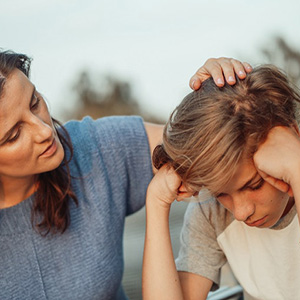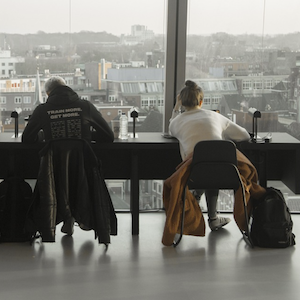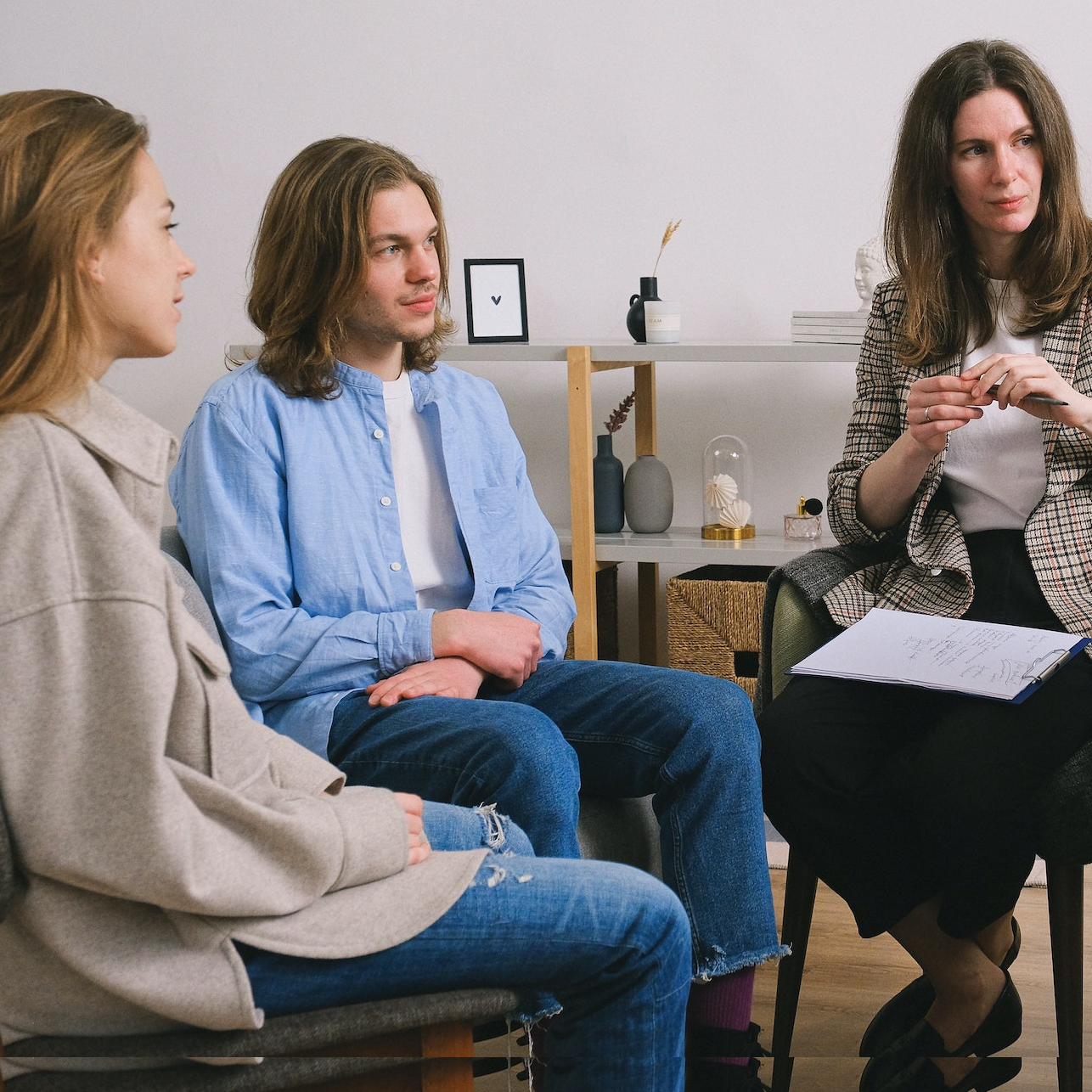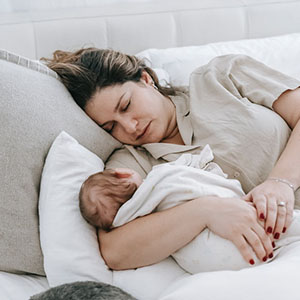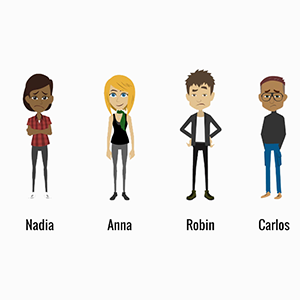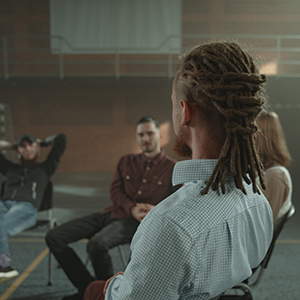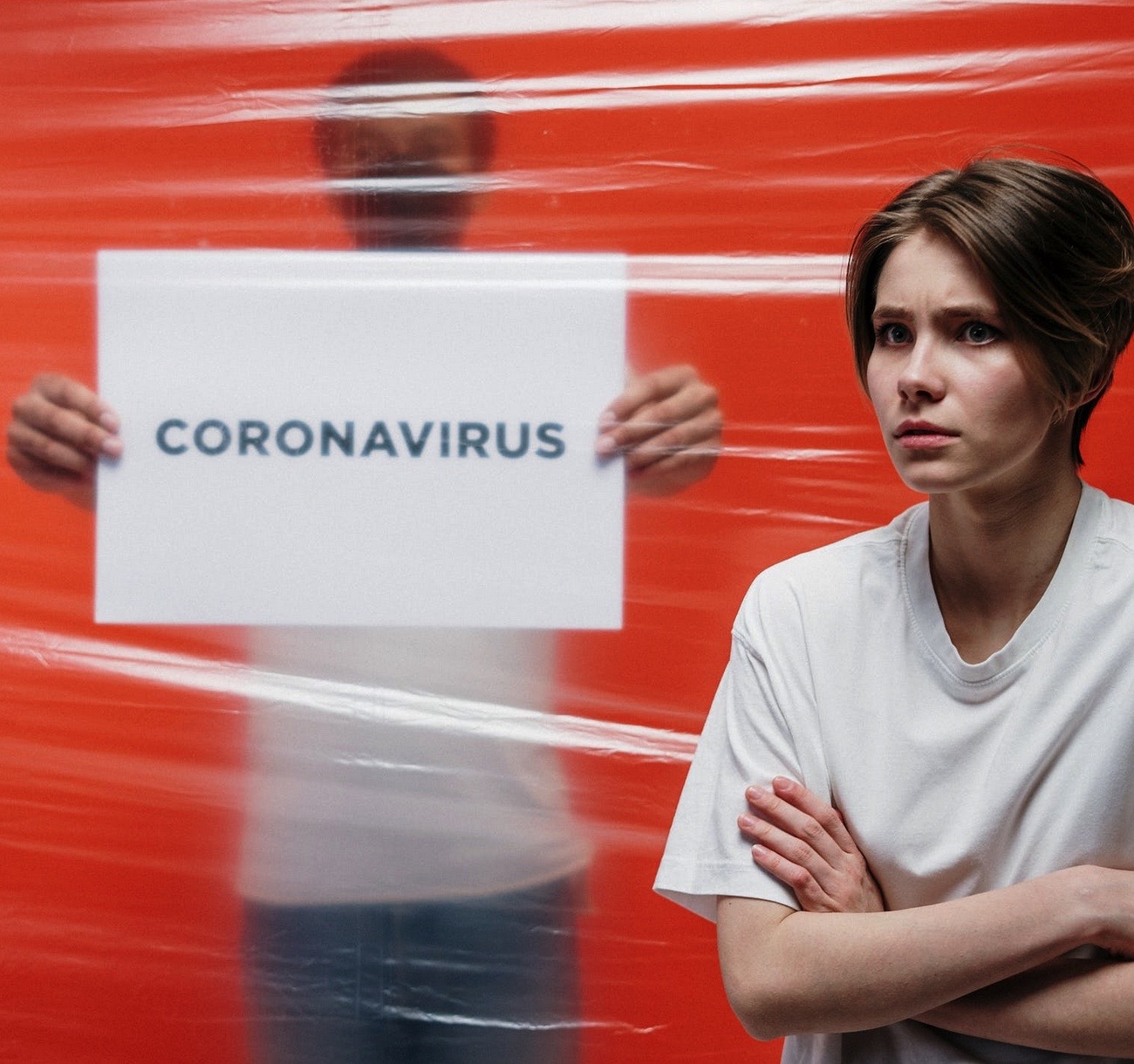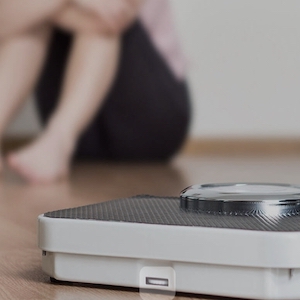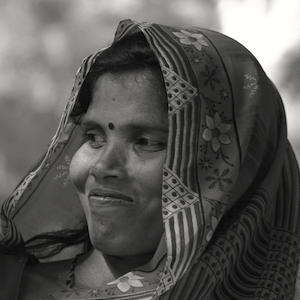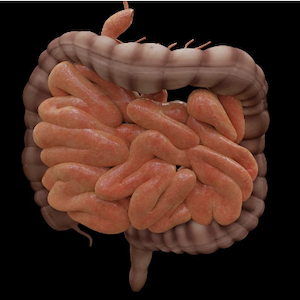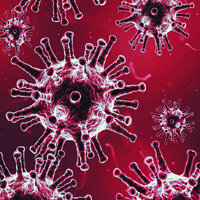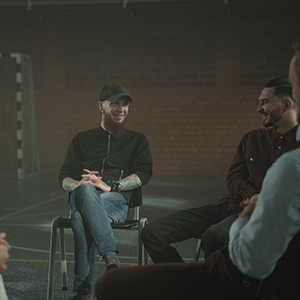FOR AUTHORS
Search
Search Results
##search.searchResults.foundPlural##
-
Models of practice and training in psychotherapy: cross-national perspectives from Italy and Canada
1981PDF: 734Supplementary Material: 223HTML: 40 -
Therapist self-awareness and perception of actual performance: the effects of listening to one recorded session
9711PDF: 3091Supplementary Material: 283HTML: 151 -
The assessment of therapist responsiveness in psychotherapy research: a systematic review
2061PDF: 506SUPPLEMENTARY MATERIAL: 232HTML: 175 -
Psychotherapies for Anxiety and Depression: benefits and costs
2756PDF: 1669HTML: 282 -
Development and preliminary validation of the Clinician Affective REsponse (CARE) scale
1768PDF: 794APPENDIX: 211SUPPLEMENTARY MATERIALS: 213HTML: 44 -
A systematic review on the role of therapist characteristics in the treatment of eating disorders
2805PDF: 987SUPPLEMENTARY MATERIAL: 238HTML: 116 -
Transference interpretation and psychotherapy outcome: a systematic review of a no-consensus relationship
3336PDF: 1204SUPPLEMENTARY MATERIAL: 141HTML: 68 -
What do you expect from psychological care? A qualitative study of depressed patients’ expectations treated in mental healthcare settings Depressed patients' psychological care expectations
2908PDF: 1067HTML: 4 -
"Maybe you don’t know what answers I want": unresolved alliance ruptures preceding dropout in short-term psychoanalytic psychotherapy with depressed adolescents
1022PDF: 457SUPPLEMENTARY MATERIAL: 95HTML: 10 -
Trans in treatment: a mixed-method systematic review on the psychotherapeutic experiences of transgender and gender diverse people Transgender people’s experiences of psychotherapy
3578PDF: 1483SUPPLEMENTARY MATERIAL: 758HTML: 19 -
Changes in the anaclitic-introjective personality configurations following psychoanalytic psychotherapy with young adults
2263PDF: 949APPENDIX: 345HTML: 2061 -
Assessment of Autobiographical Memory Narratives in Psychotherapy with Borderline Personality Disorder: An exploratory study
1932PDF: 962Table 2: 232Table 1: 297Figure 1: 245Figure 2: 230Figure 3: 213Manuscript text with author identifying information: 445 -
Therapeutic interventions in intimate partner violence: an overview
21827PDF: 6522HTML: 56491 -
Psychological and physiological effects of emotion focused training for self-compassion and self-protection
3173PDF: 1587APPENDIX: 368HTML: 104 -
Group dynamic-relational therapy for perfectionism
3879PDF: 1009HTML: 69








